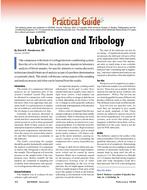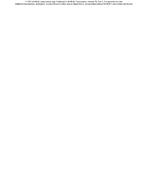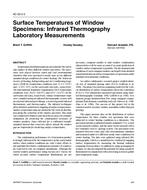Click here to purchase
Air leakage in commercial buildings in the U.S. accounts for about one quad of energy annually. As the thermal resistance of commercial building envelopes continues to improve, the relative contribution of air leakage to heating and cooling loads is increasing. Several manufacturers have developed advance air barrier technologies and construction practices to reduce the air leakage in buildings. To help in the market penetration of these advance technologies, advances in easy to use tools for determining the impact of air leakage are needed. Oak Ridge National Laboratory (ORNL), the Air Barrier Association of America, the National Institute of Standards and Technology, and the US-China Clean Energy Research Center for Building Energy Efficiency partnered to develop an online calculator that estimates the potential energy and cost savings in major US, Canadian, and Chinese cities from improvements in airtightness. The calculator estimates the energy and cost savings potential based on the pre and post retrofit air leakage rates for prototype commercial buildings. This report explores extending these savings to determine the national level energy savings potential based on the weightage of commercial building type in different ASHRAE climate zone locations. The base infiltration rate of 1.07 CFM/ft2 (5.43 L/s/m2) at 0.3 in. water column (75 Pa) was assumed for these calculations and the savings were calculated for three different air infiltration target rates of 0.4, 0.25 and 0.06 CFM/ft2 (2.03, 1.27 and 0.3 L/s/m2).. The national source energy savings of 238, 283, and 313 TBtu (251, 299 and 330 PJ) respectively were estimated for these target air infiltration rates.
Citation: Thermal Buildings XIV 2019
Product Details
- Published:
- 2019
- Number of Pages:
- 10
- Units of Measure:
- Dual
- File Size:
- 1 file , 1000 KB
- Product Code(s):
- D-Bldgs19-052


